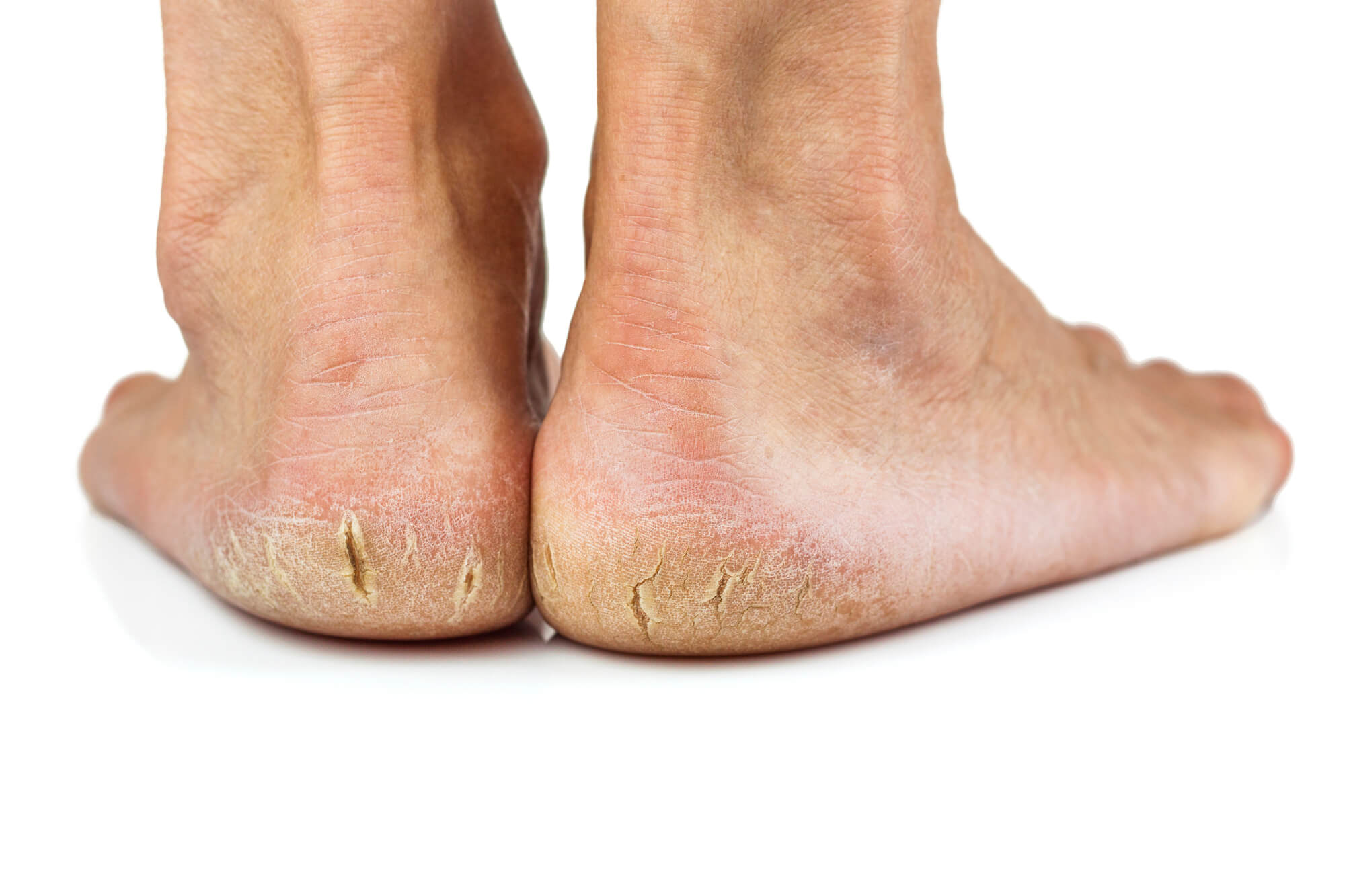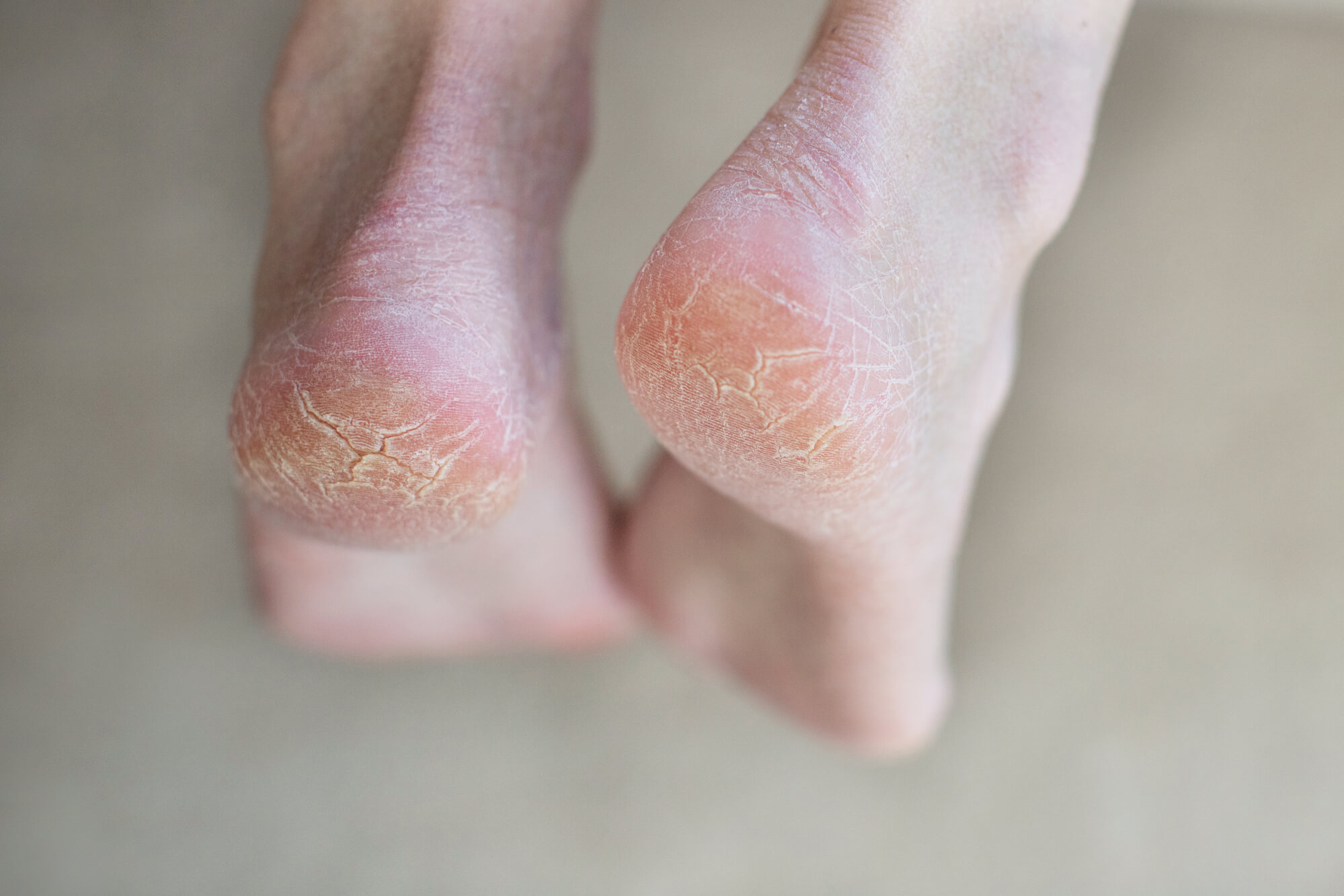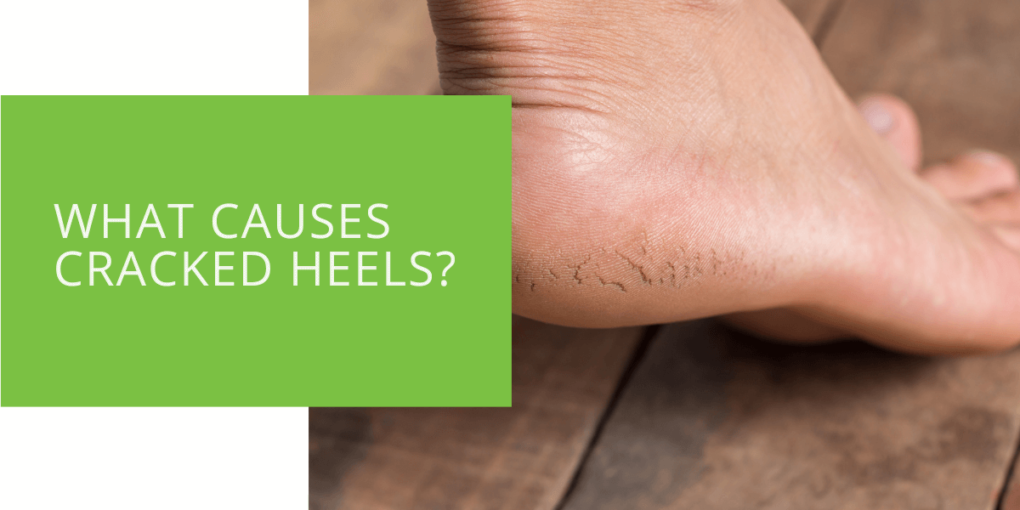What Causes Cracked Heels?
Cracked heels are a common foot condition that can be painful and unsightly. They occur when the skin on the heels becomes excessively dry, thick, or callused, leading to cracks or fissures. Cracked heels can be caused by various factors, including dry skin, ill-fitting footwear, standing for long periods, and medical conditions like diabetes, psoriasis, and eczema.
If you're suffering from cracked heels, it's important to understand the causes and take steps to prevent and treat the condition. In this article, we'll explore the common causes of cracked heels in more detail and provide tips on preventing and treating the condition.
Dry Skin
Dry skin is one of the most common causes of cracked heels. When the skin on the heels becomes excessively dry, it can crack and split. This can be due to various factors, including cold weather, low humidity, and dehydration. It is important to keep your feet moisturized to prevent dry skin and avoid cracks on your heel.
Moisturizing the feet daily is essential in preventing and treating cracked heels. Using a high-quality foot cream or moisturizer, apply a generous amount on your feet daily, especially after bathing or showering. Look for moisturizers that contain ingredients like urea or petroleum, which can help to soften and moisturize dry skin.
Ill-Fitting Footwear
Wearing shoes that don't fit properly can also contribute to cracked heels. Too tight shoes can cause pressure on the heels, leading to cracks and calluses. Open-back shoes like sandals and flip-flops can also dry out the skin on the heels, increasing the likelihood of cracking.
To prevent cracked heels caused by ill-fitting footwear, choose shoes that fit properly and provide adequate support for your feet. Avoid wearing shoes that are too tight or loose, and opt for shoes made from breathable materials that can help keep your feet dry.

Standing for Long Periods
People who spend a lot of time standing or walking may be more prone to developing cracked heels. This is because the body's weight puts pressure on the feet, causing the skin on the heels to thicken and crack.
To prevent cracked heels caused by standing for long periods, it is important to take frequent breaks and rest your feet. If your job requires you to stand for long periods, consider wearing shoes with good arch support or gel inserts to reduce pressure on your feet.
Medical Conditions
Certain medical conditions can also contribute to the development of cracked heels. These can include psoriasis, eczema, thyroid disease, and diabetes.
If you have a medical condition contributing to your cracked heels, seeking medical attention is important. Your doctor can help you manage your condition and provide guidance on how to care for your feet. People with diabetes, for example, are more prone to cracked heels, and it's important to take extra care of their feet to avoid foot injuries that can lead to serious complications.
If you're experiencing heel fissures deep enough to bleed, it's important to see a podiatrist or medical professional evaluate them. Deep fissures can become infected, leading to more serious foot conditions. A podiatrist can help to determine the underlying cause of your cracked heels and recommend the appropriate treatment.

Tips for Preventing and Treating Cracked Heels
In addition to addressing the underlying causes of cracked heels, there are several steps you can take to prevent and treat the condition:
- Soak and exfoliate: Soaking your feet in warm water can help to soften the skin and make it easier to exfoliate. Use a pumice stone or foot file to gently remove dead skin from the heels, being careful not to overdo it. Regular exfoliation can help to prevent the buildup of thick, callused skin that can lead to cracks and fissures.
- Apply bandages: If you have cracks or fissures on your heels, it's important to keep them clean and covered to prevent infection. Applying a bandage or sterile dressing to the affected area can help to protect the skin and promote healing.
- Use salicylic acid: Salicylic acid is a common ingredient in over-the-counter foot creams and moisturizers, and it can help to soften and exfoliate thick, callused skin. Look for products that contain 10% to 20% salicylic acid, and follow the manufacturer's instructions.
- Address underlying medical conditions: If you have a medical condition contributing to your cracked heels, it's important to work with your doctor to manage it. This may involve taking medication, making dietary changes, or making other lifestyle modifications.
- Stay hydrated: Dehydration can contribute to dry skin, so it's important to drink plenty of water and other fluids to keep your skin hydrated and healthy.
Cracked heels may sometimes require more intensive treatment, such as prescription-strength creams or ointments. A podiatrist can help determine the most appropriate treatment for your needs.
Conclusion
Cracked heels can be a frustrating and painful foot condition, but they can be prevented and treated with proper care and attention. By understanding the common causes of cracked heels, you can avoid them, such as keeping your feet moisturized, wearing properly fitted shoes, taking breaks when standing for long periods, addressing underlying medical conditions, and exfoliating regularly.
Suppose you're experiencing cracked heels that don't respond to home treatment or have medical conditions that increase your risk of foot problems. In that case, it's important to seek the advice of a podiatrist or other medical professional. By taking good care of your feet, you can keep them healthy and pain-free for years.

